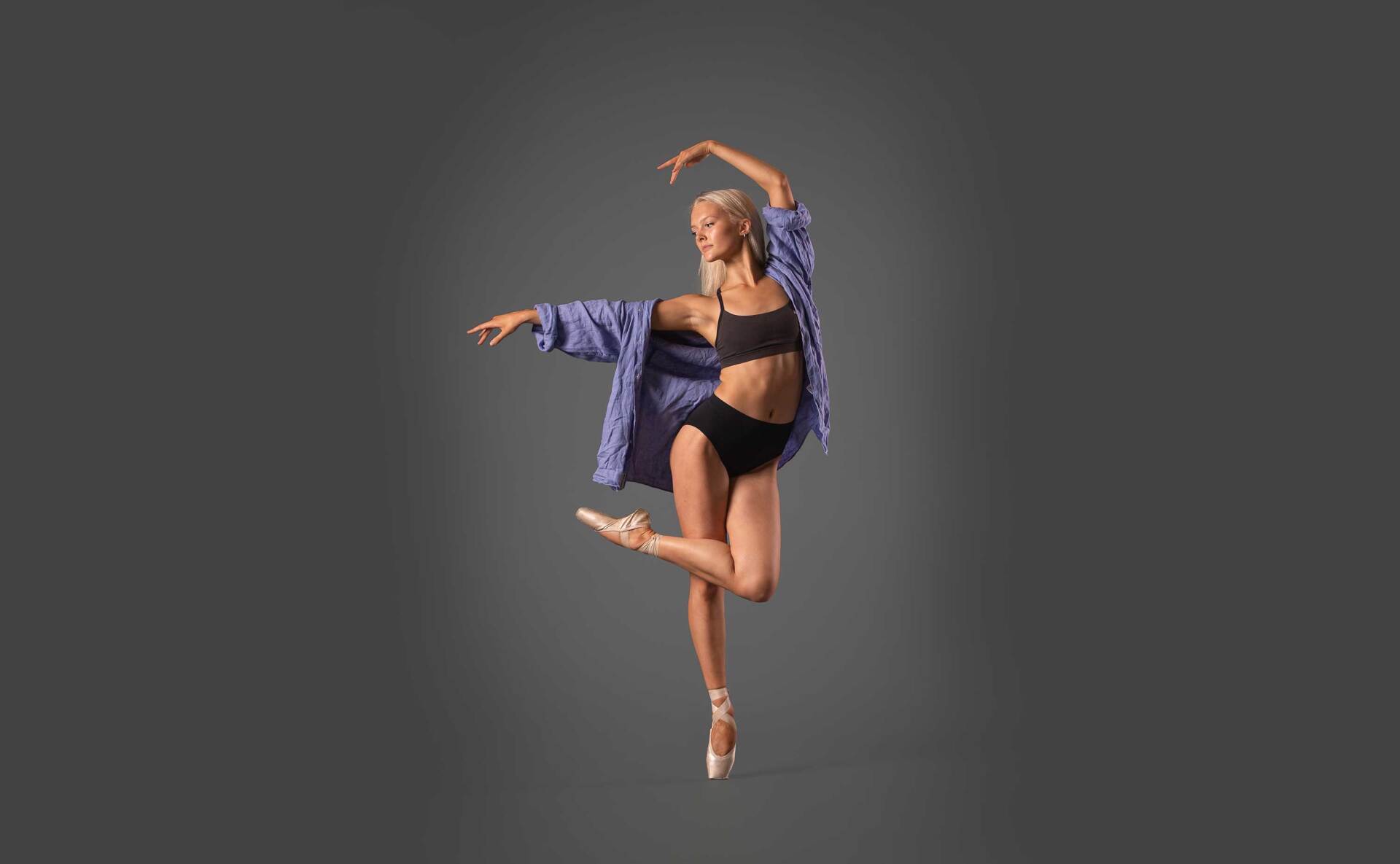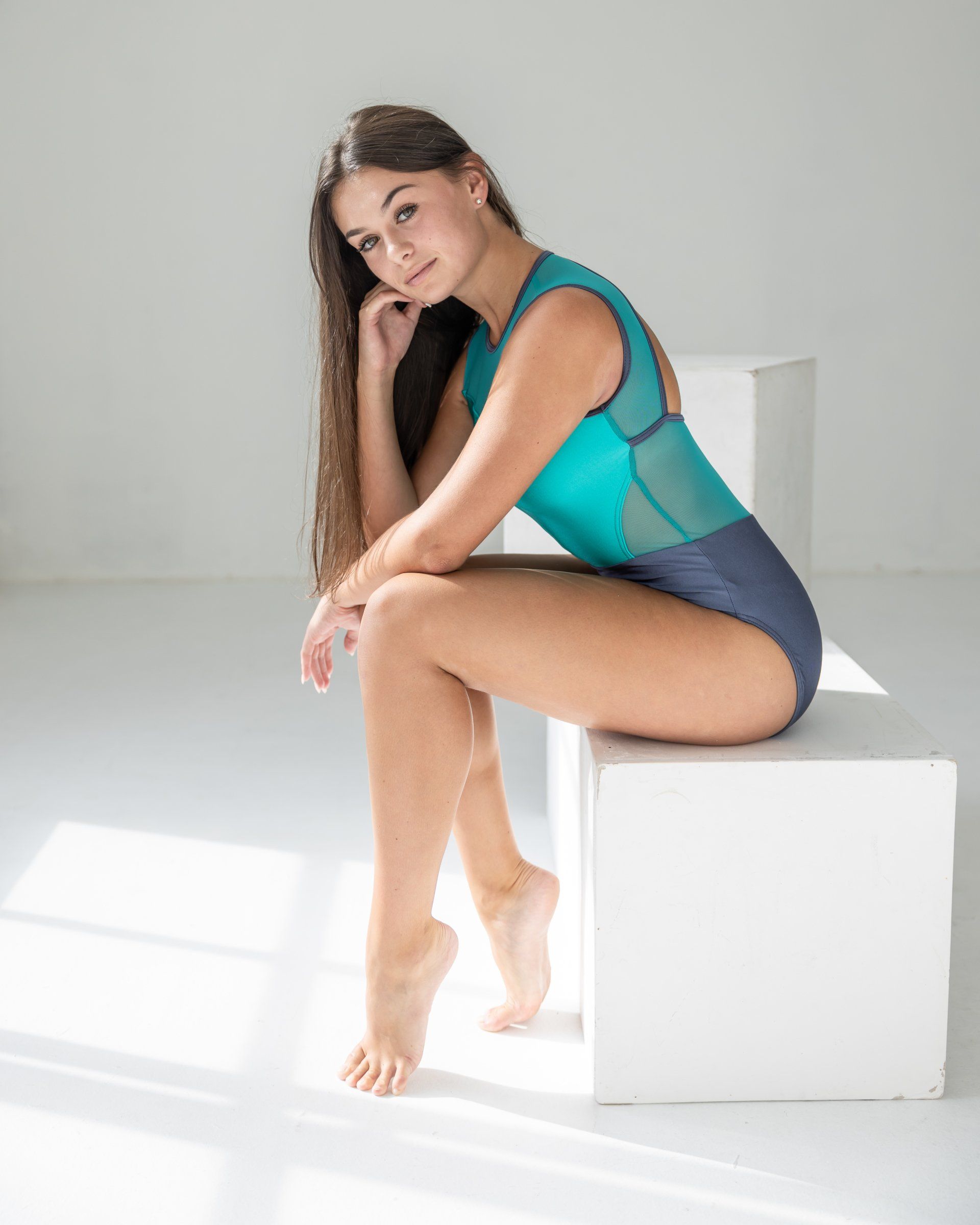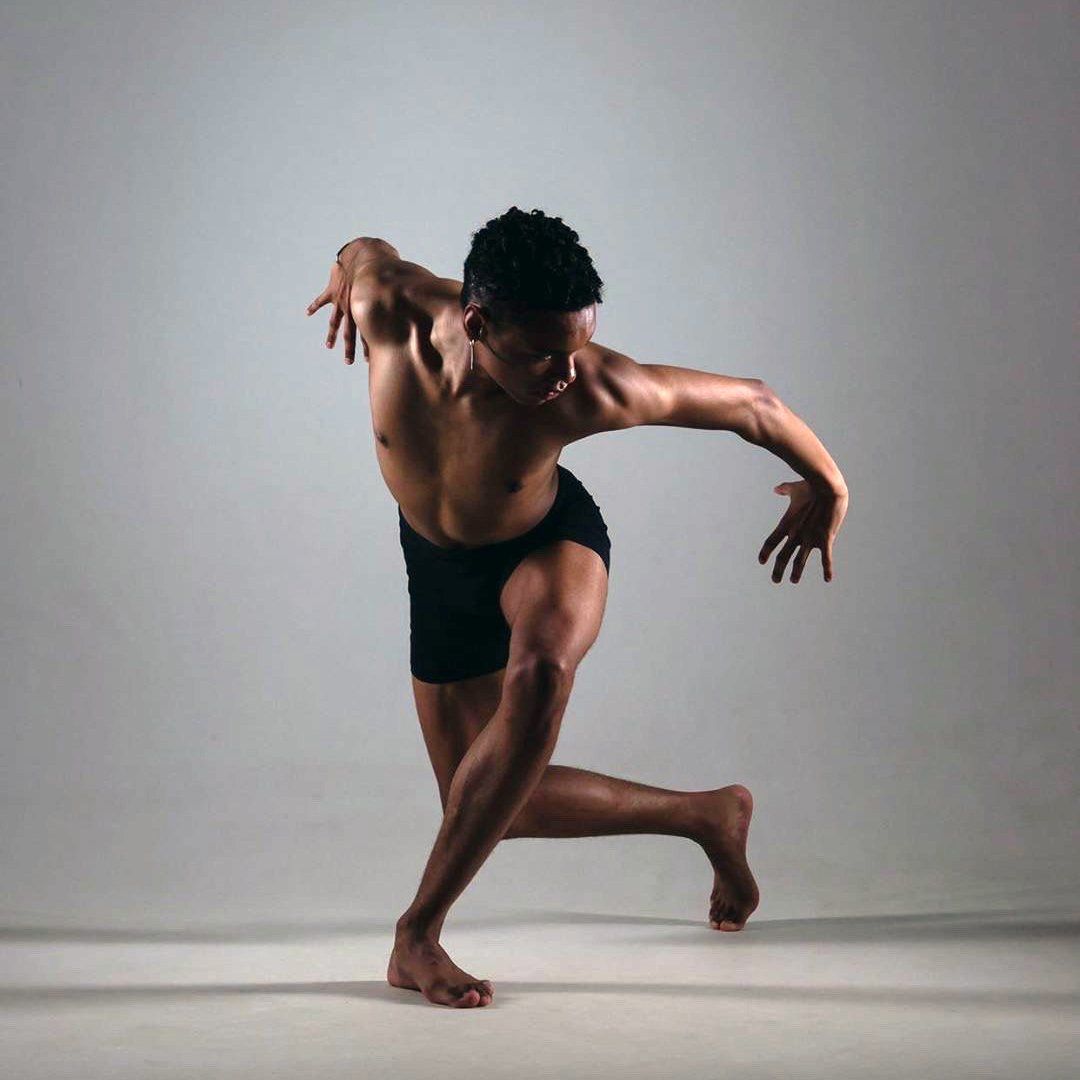New Title
Well-being
into text here

By Jodie Hellen
About me
I am Jodie Hellen a recent graduate from Stella Mann College. I have been studying towards a degree in Performing Arts over the past four years. You may be wondering why this was a four-year course for me rather than the generic three-year course as advertised by the college. This is because I obtained a huge injury during my first year that I didn’t realise would set me back in my training.
My injury
Injuries are very common in dancers during their training and I soon realised that this can happen at any point. This happened to me in a regular class at college even when I was warmed up correctly!
When I first injured myself, I went to physiotherapy sessions and was treated for a torn hip flexor and glute muscles. As I continued this treatment it became evident to my physiotherapist that I had done more than just tear the muscle, as the injury appeared to be getting worse no matter how much treatment and rest I was having. I was then advised to see a doctor and request an MRI scan.
After a long process with many delays and cancellations, I learned that I had torn the cartilage in my hip and told I would not dance again! I was absolutely devasted and really believed what the surgeon was saying was true. Well he was wrong! I persevered and was referred to a new surgeon who dealt with rugby players and dancers with hip injuries, specifically the injury that I had. This was amazing news and after just my first meeting with him he told me I would dance again as long as I followed his recovery instructions post-op. After this I was put straight onto his waiting list ready for my first operation. I had an exploratory operation and was informed I would have to wait again for the final one.
However I was so disappointed to learn that the waiting time for this final operation would be 9 months. I was in a lot of pain and this situation forced me and my family to make the very tough decision to have the operation privately. I had my first private appointment and my operation was booked for the week after. Yes, you heard that right. My nine-month wait had just gone down to a week with the same surgeon!
This was a really tough time for me and was by no means easy but I found things to keep me busy through all of this to remain positive and focus on the final goal, RECOVERY!
How I remained positive through time off
Obviously through my time off it was so hard to remain positive and I needed lots of things to focus on including my end goal! I worked to save for a new car. I caught up with old friends. And I went to see shows in London. All this helped me so much as they were things I could focus on that weren’t dance related that would still make me happy. .
Deferring my degree
Once I knew that I needed to take a year out, I had to let the university and student finance know that I was deferring a year. There was some form filling but it was an easy process. All I had to do was phone up and explain that due to medical reasons I needed to defer my year and return again the following September. Easy peasy! So don’t be afraid of deferring a year as it is definitely the best option when you have a serious injury!
I know that no one would believe that taking a year out of training would be a good thing, trust me I didn’t either when I first found out it was an option, but now I know that this was the right option for me. It gave me time to concentrate on my complete recovery and I ended up having a full three years of training.
Medical Insurance
After having my operation and looking at returning to college I decided to take out medical insurance to cover myself in the future. This did require a lot of research into what I could get for my money and what I would actually need. This is something I would recommend to any dancer as you never know when you could need it, even if it is just to check that little niggle you have. If I had this insurance when I first obtained my injury it would have saved me so much time on waiting lists and I may not have needed a full year out of training.
A lot of people think medical insurance must be so expensive being a dancer. While it isn’t cheap there is a range of prices depending on what you want your insurance to cover. This can range from just basic physiotherapy and specialist fees, right up to MRI scans and surgical procedures. An average price for medical insurance is around £20 per month, but can be cheaper if you opt for less!
From my personal experience I really can’t recommend medical insurance enough. You never know when something like this could happen and you need medical help quickly. I never in a million years thought I would injure myself the way that I did but it can happen and it’s always wise to be prepared for the worst.
So, if you are having to take time out of college then know it’s okay, you’ve got this, this is the right thing to do and you can still be happy even when you aren’t dancing, aim for something you’ve always wanted to do and do it! And I’ll say it one more time, you’ve got this!

In this section we aim to provide you with some useful links for Health Insurance and specialised Dance Injury Clinics.
A range of cover options allows you to adapt aspects of your health insurance to suit your needs.
Healthcare plans that are designed to suit a range of different needs.
National Institute of Dance Medicine and Science.
Providing affordable, specialist healthcare for all professional and vocational dance artists.
Institute of Sports Exercise and Health.
A Dance Clinic providing access to expert diagnosis, treatment and rehabilitation for NHS patients, both professional and vocational with dance and performing arts related injuries.
The Dance Again Foundation.
Helping dancers access dance medicine. Both dancers and dance teachers can get an e-referral to this clinic via their GP.
Metro’s therapists have helped countless performers across the North-West to return to dancing and performing at both amateur and professional level.

Maintaining good health
As young dancers and performing arts students it is extremely important to learn how to look after yourself during your training. You will need to be 100% committed as you will be expected to train 8 hours a day, 5 days a week and sometimes more! Here we share some useful advice about how to stay healthy, strong and cope with the pressure and stress you may feel during your training.
LISTEN TO YOUR BODY
Sometimes a dancer’s passion is so powerful that they will do anything to dance, including ignoring their pain or illness to keep dancing. Don’t be afraid to ask for help from your teachers, a doctor or a physiotherapist. Sitting out of a few classes or having a day off is frustrating but it is better than battling through and later causing a more serious injury or illness that puts you out for a long time.
WATER
Drink plenty of water. A dancer can lose up to 2 litres of fluid during daily classes. Drink during class and it is also just as important to drink plenty after class too.
SLEEP
Good sleep and rest are important for memory, energy and concentration. After a good night’s sleep, you are sure to get the most out of your classes or rehearsals with more focus and power to perform at your best. While we often place emphasis on physical health and fitness, mental health is just as important for performers. Without rest you run the risk of becoming ill or injured.
STRENGTH TRAINING
As well as your everyday classes, remember also to focus on strength training. Pilates is a great option for dancers to help take care of their bodies. Its focus is to condition the body with exercises and stretches that improve strength, flexibility and mental awareness.
GOOD NUTRITION
The benefits of good nutrition are numerous and even more so for dancers. Constant training takes a toll on muscles, joints and bones. Good eating habits can improve the body’s recovery from the strains of intense training. Eating the right foods can increase energy, focus and concentration. Finding the right balance of nutrients not only prevents fatigue and injury, but also supports a long healthy career in dance.
Please see our ‘Nutrition’ section for more detail.
Getting the right college to suit your needs is crucial and we aim to help you find the right fit
Putting you in touch with professional singing teachers in the UK




